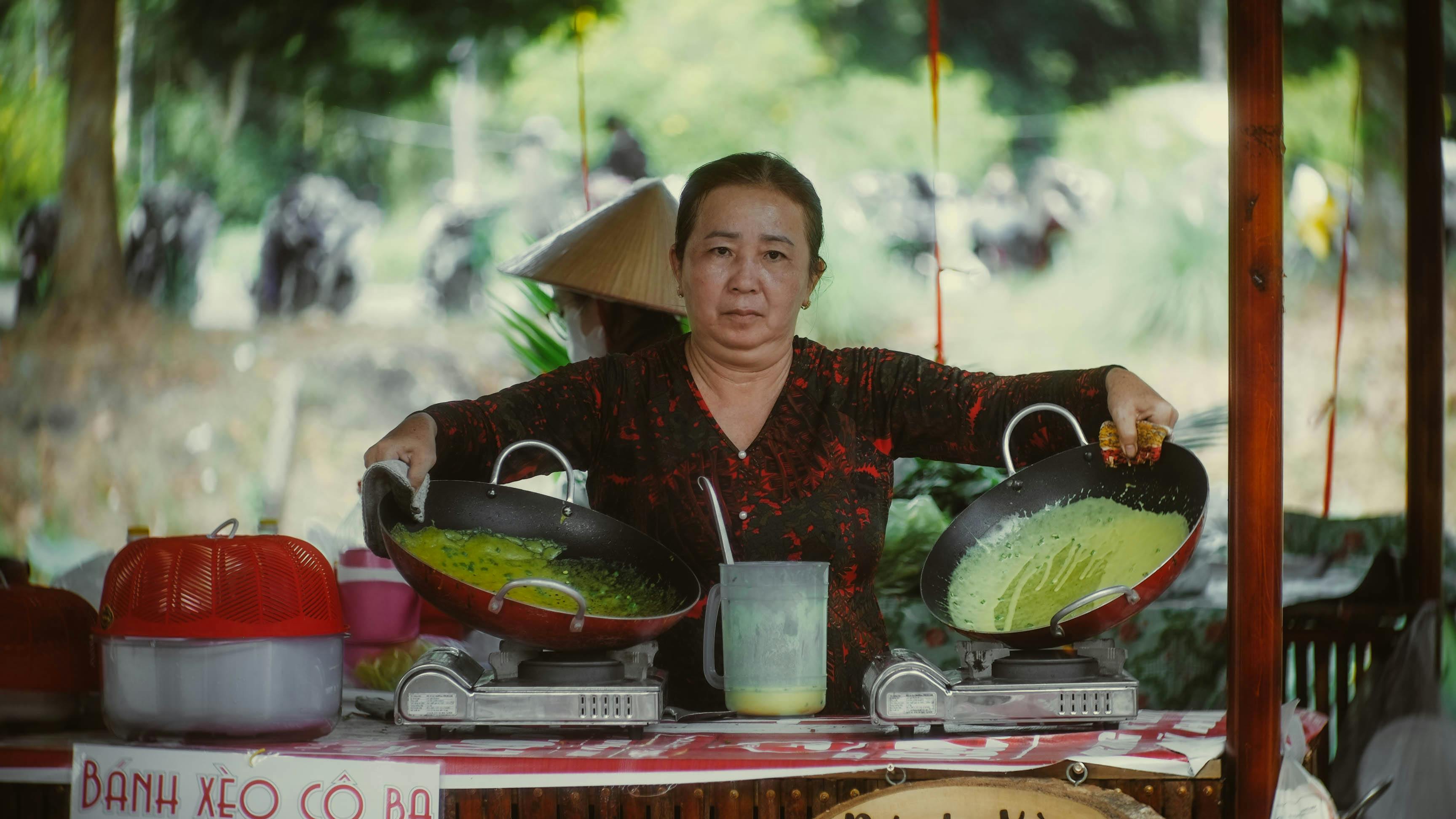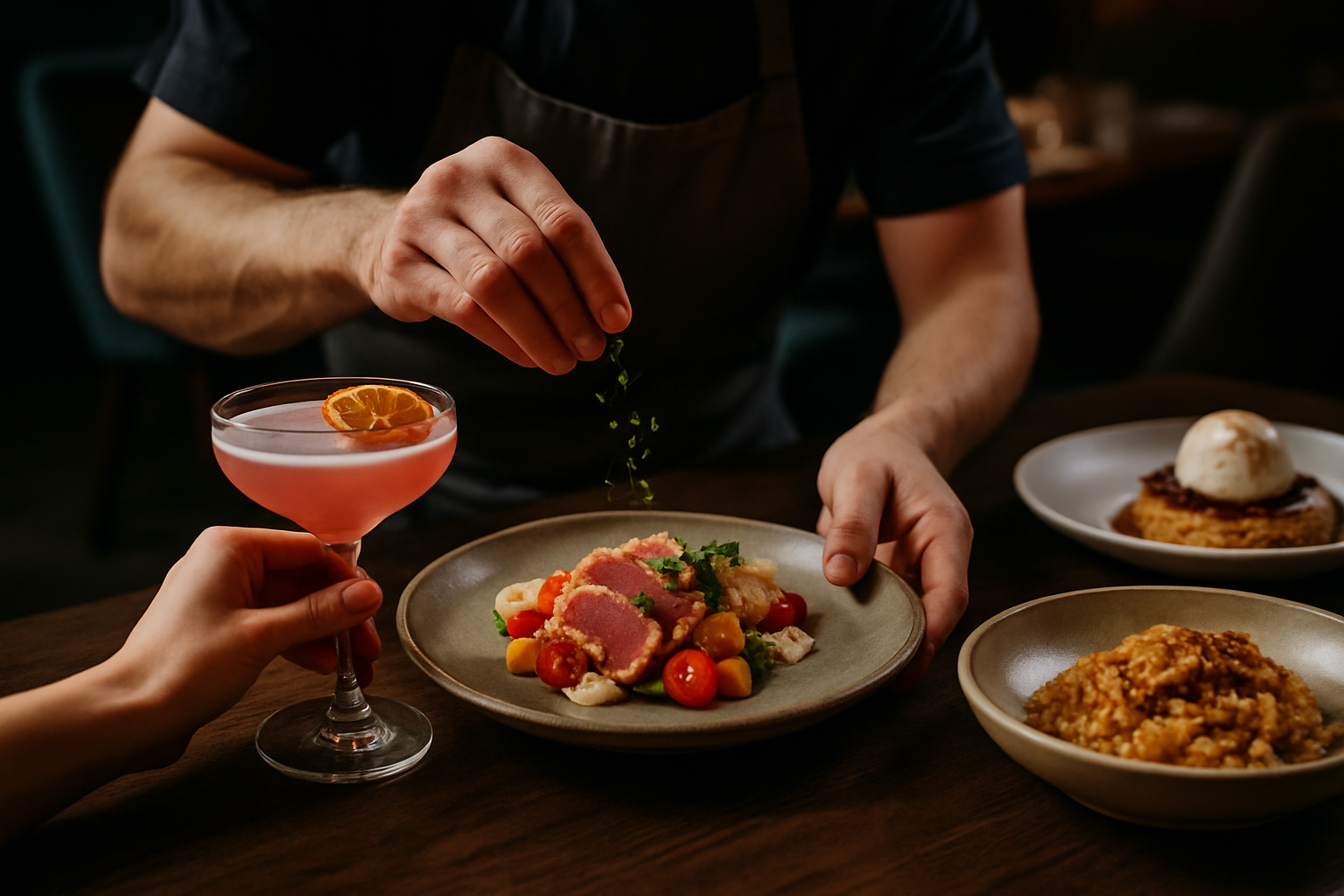Exploring the World Through Culinary Voluntourism
Embark on a journey that tantalizes your taste buds and nourishes your soul. Culinary voluntourism is revolutionizing the way we experience global cultures, offering a unique blend of gastronomic adventure and meaningful community engagement. This emerging travel trend allows food enthusiasts to immerse themselves in local cuisines while contributing to sustainable development and cultural preservation efforts worldwide.

A Feast for the Senses and the Soul
Unlike traditional voluntourism, which often focuses on construction or teaching projects, culinary voluntourism offers a more sensory and immersive experience. Participants may find themselves harvesting olives in Tuscany, learning traditional pickling techniques in Korea, or helping to establish community gardens in urban food deserts. These experiences not only provide a deeper understanding of local food cultures but also foster cross-cultural connections and promote sustainable agricultural practices.
The Impact on Local Communities
Culinary voluntourism has the potential to create lasting positive impacts on host communities. By supporting local farmers, artisans, and food producers, these programs help preserve traditional culinary practices and boost local economies. Moreover, they often contribute to food security initiatives and promote sustainable agriculture techniques. For instance, programs in developing countries might focus on improving nutrition through education about diverse crop cultivation or introducing efficient cooking methods that reduce fuel consumption.
Challenges and Considerations
While culinary voluntourism offers numerous benefits, it’s not without challenges. Critics argue that short-term volunteers may lack the skills or cultural understanding to make meaningful contributions. There’s also the risk of creating dependency or disrupting local food systems. Responsible culinary voluntourism programs address these concerns by prioritizing long-term community needs, partnering with local organizations, and ensuring that volunteers receive proper training and cultural orientation.
Choosing the Right Culinary Voluntourism Experience
For those interested in embarking on a culinary voluntourism adventure, careful research and planning are essential. Look for programs that prioritize community involvement, sustainable practices, and cultural sensitivity. Consider the duration of the program, the specific activities involved, and the potential impact on the local community. It’s also important to assess your own skills and motivations to ensure a good fit with the chosen program.
Savory Insights: Culinary Voluntourism Tips
• Research the local food culture and dietary restrictions before your trip
• Learn basic cooking terms in the local language
• Pack appropriate clothing for kitchen work and farm activities
• Be open to trying new flavors and cooking techniques
• Respect local food customs and traditions
• Document your experience through photos and recipes, with permission
• Consider bringing small, useful kitchen tools as gifts for your hosts
• Stay in touch with the community after your trip to maintain connections
A Recipe for Meaningful Travel
Culinary voluntourism offers a unique blend of cultural immersion, skill-building, and community impact. By engaging with local food systems and culinary traditions, travelers can gain a deeper appreciation for global cuisines while contributing to sustainable development efforts. As this trend continues to evolve, it promises to reshape the way we experience and interact with food cultures around the world, creating lasting memories and positive change one meal at a time.




